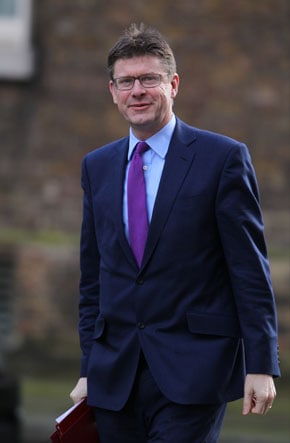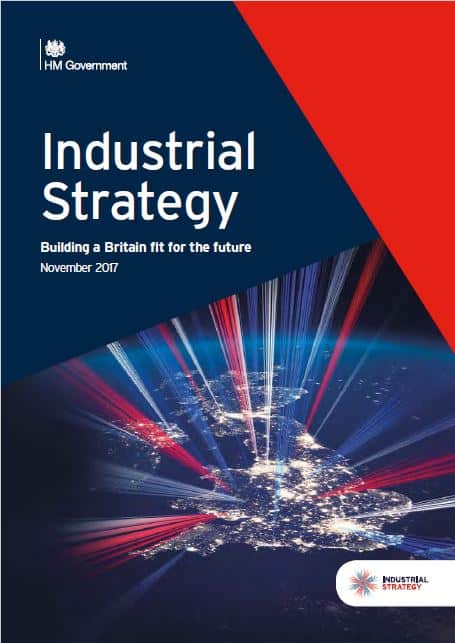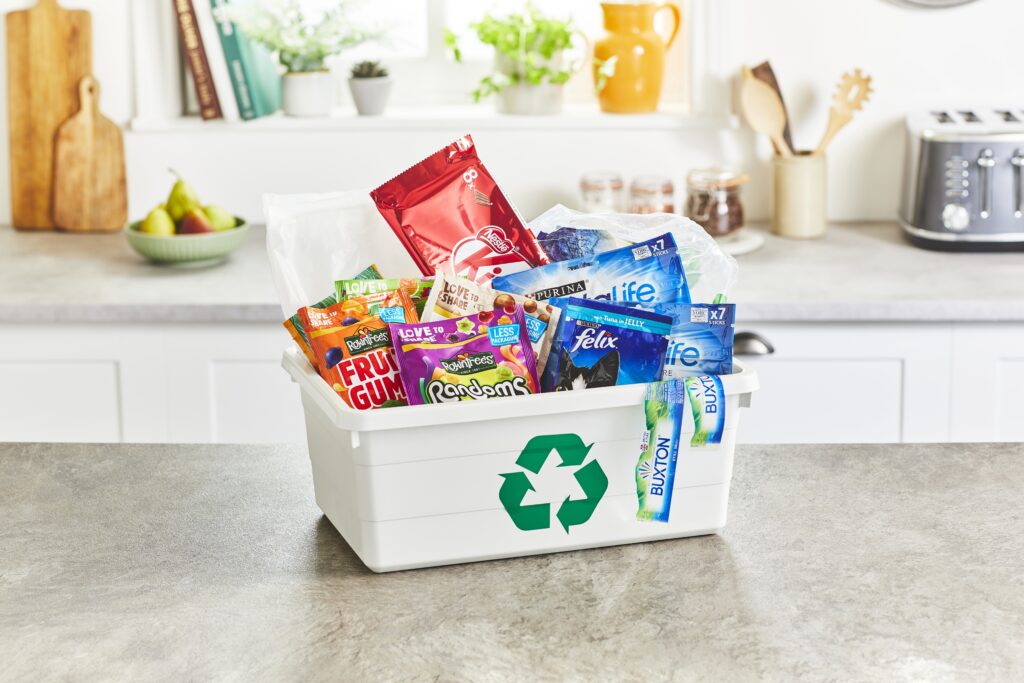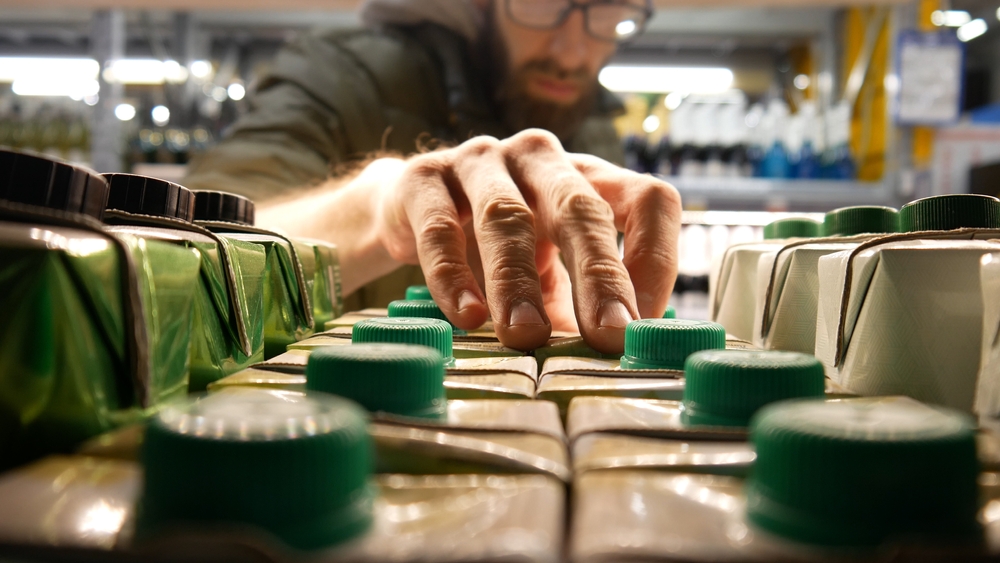
Prime Minister Theresa May said: “Our modern Industrial Strategy will shape a stronger and fairer economy for decades to come. It will help create the conditions where successful businesses can emerge and grow, and support these businesses in seizing the big opportunities of our time, such as artificial intelligence and big data, whilst also making sure our young people have the skills to take on the high-paid, high-skilled jobs this creates.”
Business Secretary, Greg Clark said: “The Industrial Strategy is an unashamedly ambitious vision for the future of our country, laying out how we tackle our productivity challenge, earn our way in the future, and improve living standards across the country.”
There had been concerns that resource management would not be well reflected in the strategy with trade associations and lobbying groups rushing to the Department for Business to get involved with its preparation.
Circular economy
Now, the strategy includes not only a commitment to move towards a circular strategy but also the pledge to raise “the resource productivity of businesses, including through the promotion of recycling and strong secondary materials markets where products are designed with efficiency and recyclability in mind.”
The section of the Industrial Strategy linked to the circular economy and the waste and resources strategy due out in 2018 look to be aligning with the European Commission’s circular economy proposals which are nearing completion.
Among its other promises today within the Industrial Strategy, the govenrment said that it would be “working in partnership with food businesses ‘from farm to fork’, through the Courtauld Commitment to deliver a 20 per cent per capita reduction in food waste by 2025”.
Zero avoidable waste
And, zero avoidable waste is to be targeted as a national ambition along with “a doubling of resource productivity by 2050, including through our 25-year Environment Plan and a new strategy for resources and waste.”

In terms of markets for secondary materials, the government says it will take “further measures to strengthen them, although no indication is given of what these might be”.
A theme of the 2018 resources and waste strategy will be “to support businesses in maximising the economic benefits from greater resource productivity”, said today’s document.
The Industrial Strategy implies that the waste and resources strategy is likely to include measures linked to tackling waste crime including better recording of waste as it arises and is moved, with potential encouragement for use of the electronic edoc system.
Electronic tracking
Today the Industrial Strategy said with reference to the secondary materials markets: “As part of this work, we will work with industry to explore options to introduce electronic tracking of waste. This will support the development of new markets for waste materials and improve the efficiency of enforcement, creating a level playing field for the waste and resources sector.”
This work is to build on the foundations “set out in our 25 Year Environment Plan”, says the government – although the plan itself has been delayed and is not expected until the New Year.











Subscribe for free